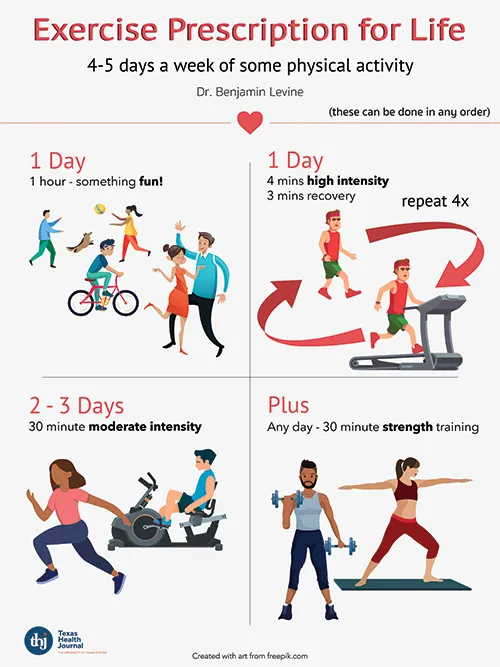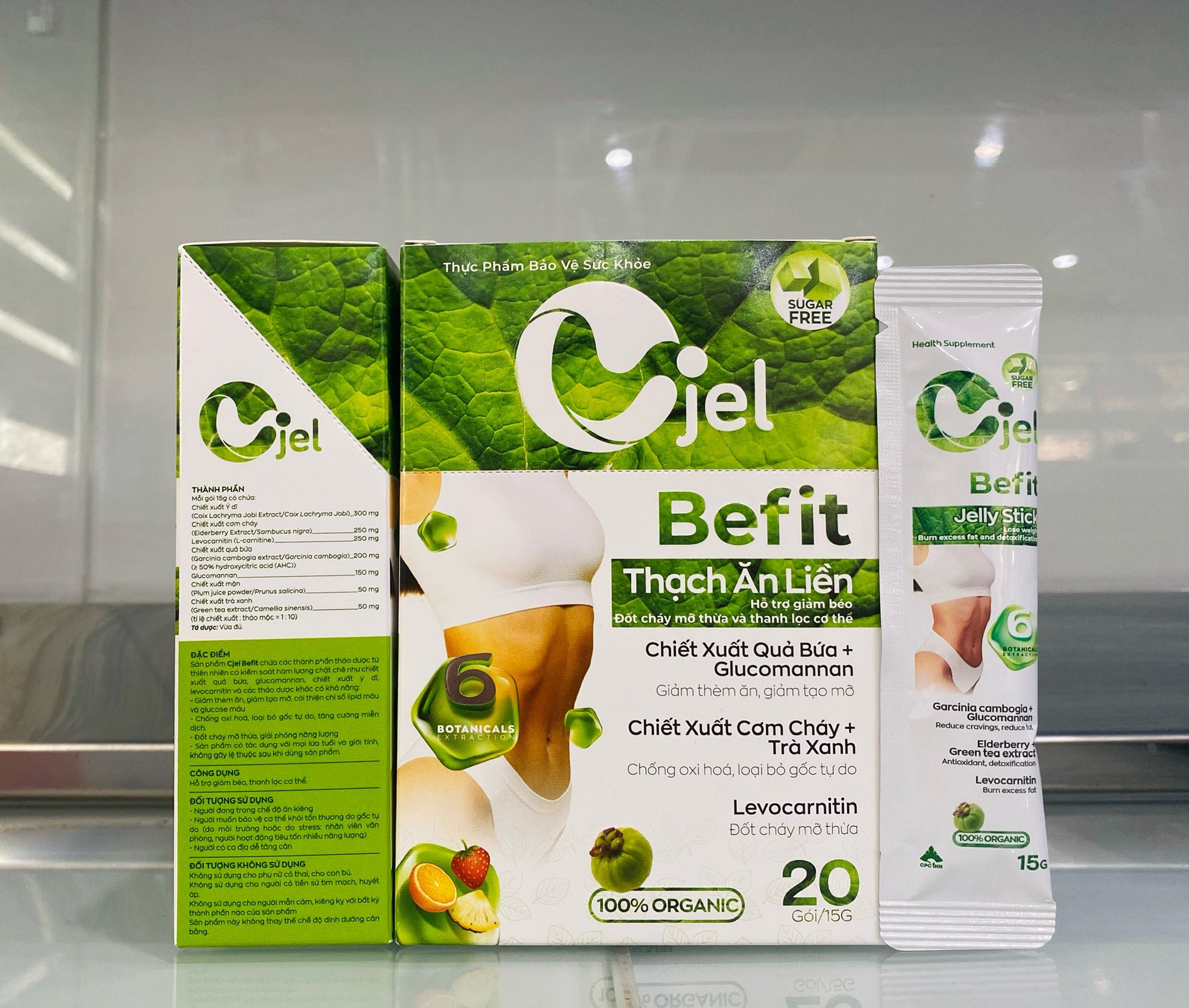The Crucial Importance of Regular Exercise for Health
According to the World Health Organization, a lack of physical activity is one of the top four global risk factors for death. Engaging in regular exercise can significantly reduce the risk of mortality by up to 30%, and lower the likelihood of developing cardiovascular disease, diabetes, colorectal cancer, and breast cancer by 20-40%. Additionally, physical activity can help alleviate depression, prevent osteoporosis, enhance memory, and manage weight effectively.
Why are we lazy to exercise?
Modern lifestyles, dominated by the pursuit of comfort and convenience, often lead to neglect of personal health. The rise of social media and technology has also contributed to sedentary habits. Hormonal imbalances can further exacerbate laziness, making exercise feel even more daunting.
Many individuals either do not recognize the importance of regular physical activity or struggle to find an exercise routine that suits their needs. However, with numerous effective exercise options available, overcoming this inertia is achievable with the right motivation.
The Risks of Sedentary Behavior
Failing to exercise regularly poses several health risks, including:
-
Increased Risk of Diabetes: Sedentary lifestyles lead to insufficient calorie burning, causing insulin resistance and elevated blood sugar levels.
-
Higher Risk of Heart Disease: Inactivity results in fat accumulation and poor cholesterol levels, raising the likelihood of cardiovascular issues.
-
Prone to Thrombosis and Venous Insufficiency: Extended periods of sitting can lead to blood clots and varicose veins, especially in middle age.
-
Slowed Metabolism: Regular exercise is crucial for maintaining an active metabolism, and inactivity can lead to a host of metabolic problems.
-
Elevated Stress and Depression: Lack of physical activity impedes the release of endorphins, hormones that enhance mood and reduce pain.
-
Obesity: Sedentary behavior is a primary contributor to weight gain and obesity, which in turn increases the risk of several serious health conditions.
-
Other consequences: Back and neck pain, reduced life expectancy, etc.
So What are the Benefits of Regular Exercise?
Engaging in regular physical activity stimulates numerous beneficial reactions in the body:
-
Enhanced Metabolism: Exercise increases blood flow to organs, improving metabolic processes.
-
Improved Mood: Physical activity triggers the release of endorphins and oxytocin, enhancing overall mood and well-being.
-
Stronger Muscles and Bones: Exercise improves muscle elasticity, strengthens bones, and supports joint health through increased synovial fluid production.
-
Better Digestive and Immune Function: Regular activity boosts the digestive system, strengthens the immune system, and aids in toxin elimination.
How Positively does Exercise affects Organ Systems?
Regular exercise positively impacts various organ systems:
-
Muscles: Physical activity stimulates muscle growth and strengthens the connection between muscles and bones.
-
Bones: Weight-bearing exercises help maintain bone density, reducing the risk of osteoporosis and fractures.
-
Brain: Exercise increases blood flow to the brain, promoting growth in areas associated with memory and cognition, and helps prevent mental decline and mood disorders.
-
Heart and lungs: When exercising, to provide enough oxygen for the muscles to perform movements, the heart, blood vessels and lungs will have to work harder. This process keeps the veins and arteries flexible, free of plaque or blood clots. In addition, when exercising, cardiovascular activity increases, allowing you to work more effectively, preventing heart disease and stroke.
How to Exercise Properly for Optimal Health
To maximize the benefits of exercise, it’s important to follow these key principles:
-
Choose the Right Type of Exercise: Select an exercise that aligns with your interests, age, occupation, and health condition. Older adults should opt for low-impact activities like walking, tai chi, or yoga to accommodate reduced muscle strength and coordination. Younger individuals can engage in high-intensity exercises such as running or team sports. For those with occupations that require prolonged standing, such as sales staff or chefs, exercises that minimize impact, like leg-raising while lying down, are beneficial.
-
Maintain Consistency: Regular, uninterrupted exercise is crucial for effectiveness. Establish a routine that you can adhere to consistently for long-term health benefits.
-
Exercise Within Your Capacity: Choose exercises that align with your fitness level. You should feel comfortable, refreshed, and have stable blood pressure and pulse rates after exercising. Avoid pushing yourself beyond your limits.
-
Progress Gradually: Start with easier exercises and gradually increase intensity and complexity. For instance, begin with short distances and slow speeds, then gradually progress to longer and faster sessions.
-
Select the Optimal Time: Morning exercise is ideal due to fresher air with higher oxygen levels and lower carbon dioxide. Afternoon or evening workouts can help alleviate stress from the day but should be moderated to avoid disrupting sleep. Avoid exercising immediately after meals to prevent interfering with digestion and metabolism.

Discover CPC1HN's products that help you maintain healthy body in combination with regular exercise:
Cjel Befit: Revolutionize Your Fitness Journey!
- Reduce appetite, reduce fat formation, improve blood lipid and blood glucose index
- Anti-oxidant, eliminate free radicals, enhance immunity
- Burn excess fat, release energy

